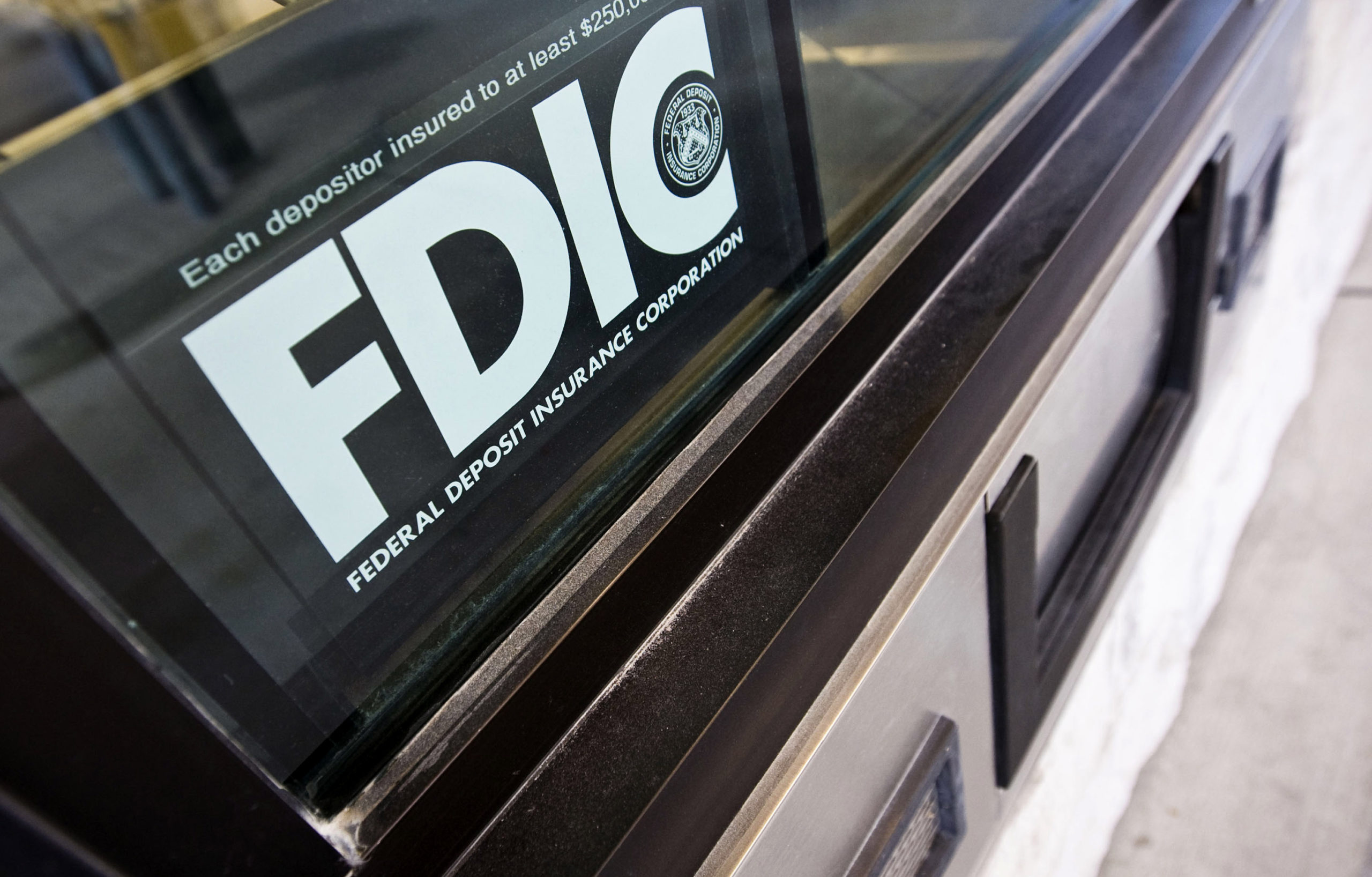In August, the Federal Deposit Insurance Corporation (FDIC) issued a Request for Information (RFI) on deposits, which addressed the collection of deposit data, “not currently reported in the call report.” Per the FDIC, the agency is “seeking information on characteristics that affect the stability and franchise value of different types of deposits and whether more detailed or more frequent reporting on these characteristics or types of deposits could enhance offsite risk and liquidity monitoring.”
If that opening paragraph didn’t send a chill down your spine, you might consider reading it again.
In the wake of the 2023 bank failures, the FDIC is tipping its hand on consideration of a significant new deposit and liquidity reporting regime. This would require banks to provide “comprehensive data on the composition of insured and uninsured deposits.”
“Community banks simply do not have that ‘comprehensive data,’ nor the ability to reasonably produce that data without considerable cost and effort,” said IBAT President and CEO Christopher Williston. “Texas community banks have a close relationship with their depositors,” Williston said, calling into question the usefulness of such data in justification of the expense it will take to collect it.
The RFI further called upon respondents to comment on the FDIC’s working paper on deposit modernization produced in the aftermath of the 2023 bank failures.
“The IBAT Board of Directors has signaled a lack of support for unlimited insurance coverage for all deposits,” Williston wrote. “While very few of IBAT’s member banks reported a flight in deposits due to concerns raised by 2023 bank failures, any changes that shift the imbalance between the ‘haves’ and ‘have-nots’ as it relates to the implicit government guarantee of all depositors would, we hope, only improve the standing of community banks and their depositors.”




